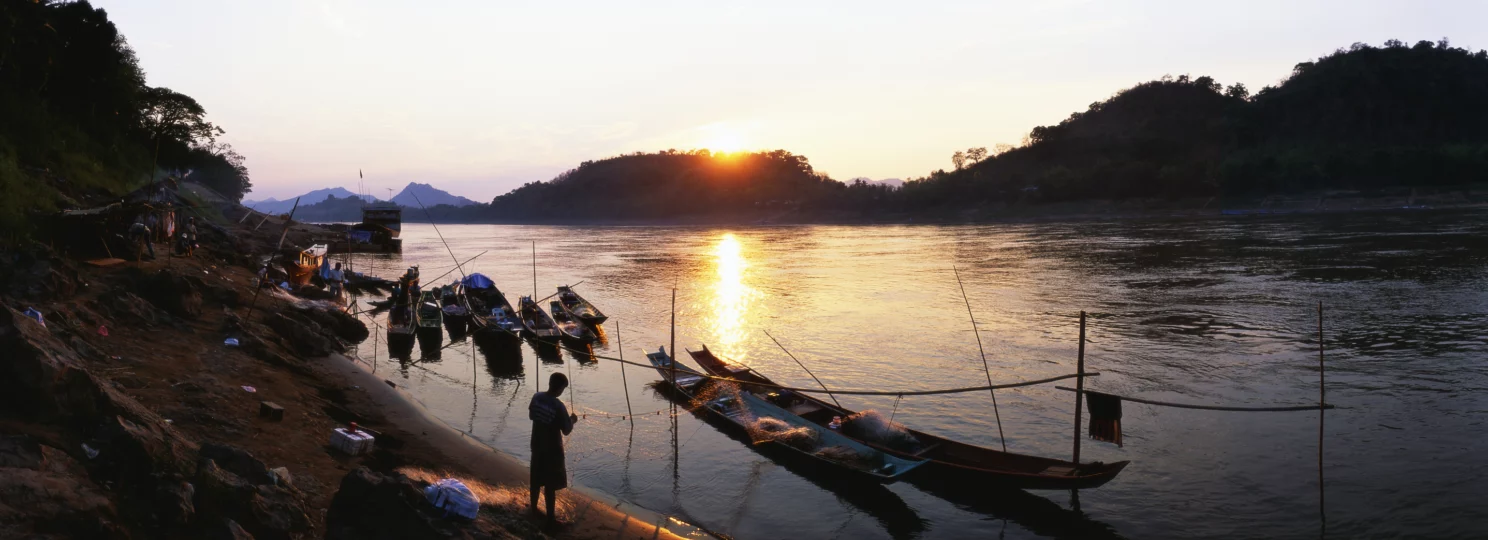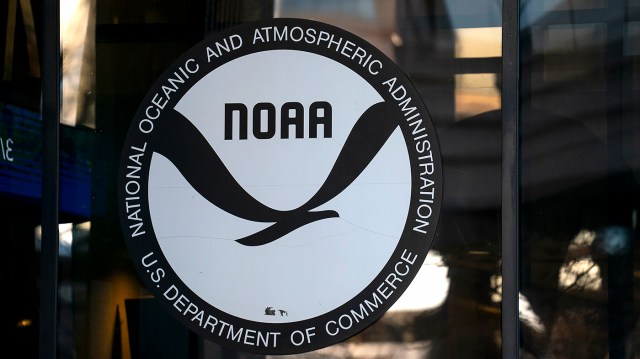Green Rights: How Southeast Asia Is Battling Environmental Justice Challenges

In a groundbreaking exploration of environmental justice, researchers delve into the critical role of procedural rights in championing the right to a safe, clean, healthy, and sustainable environment across Southeast Asia. The study illuminates how procedural mechanisms can empower communities and drive meaningful environmental protection.
By examining the intricate landscape of legal and administrative frameworks, the authors highlight the transformative potential of procedural rights. These rights serve as powerful tools that enable citizens to actively participate in environmental decision-making, challenge harmful practices, and seek redress for environmental injustices.
The research underscores the unique challenges faced by Southeast Asian nations in balancing economic development with environmental sustainability. Procedural rights emerge as a key strategy for bridging this gap, providing local communities with a voice in protecting their natural resources and ensuring a more equitable approach to environmental governance.
Through a comprehensive analysis, the study demonstrates how robust procedural mechanisms can catalyze systemic change, promote transparency, and ultimately safeguard the fundamental human right to a healthy environment. This approach not only protects ecological systems but also empowers communities to become active stewards of their natural surroundings.








